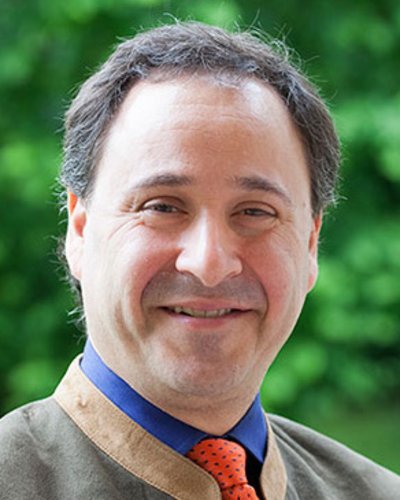Fellows of the Salzburg Global Corporate Governance Forum to foster online discussion about the big issues increasingly challenging the traditional principles of corporate governance in a new monthly series – the Salzburg Questions for Corporate Governance
At the fourth annual program of the Salzburg Global Corporate Governance Forum, Brave New World: How Can Corporate Governance Adapt? 40 Fellows spent three days at Schloss Leopoldskron exploring how even experienced board directors need to understand and rise to meet new challenges to traditional principles of corporate governance.
A new initiative of the Forum now seeks to expand these discussions beyond the confines of the program by launching a new monthly online discussion series – the Salzburg Questions for Corporate Governance.
Each month’s discussion will be led by a thought-piece from a Corporate Governance Forum Fellow, starting with international technology strategist, advisor, and entrepreneur, Anastassia Lauterbach on Tuesday, November 20, who will publish an opinion article to lead an online discussion of:
“What questions should boards be asking about the potentially unintended ethical considerations of Artificial Intelligence?”
Lauterbach is also a director of Dun & Bradstreet and the chief executive officer of 1AU-Ventures.
A new question will follow each month, from looking at the use of blockchain as a tool for boards, and the changing relationship of corporations to society, to how important “doing the right thing” is in delivering long-term shareholder value.
The Fellows’ thought-pieces will be published both on SalzburgGlobal.org and on the professional networking site LinkedIn, where we encourage Fellows and their networks to post responses and join in the discussion.
The Salzburg Global Corporate Governance Forum was launched in 2015 to enable critical thinking on the changing roles and responsibilities of directors across jurisdictions and cultures. At its annual three-day program each October, the Forum convenes a select and intergenerational group of no more than 40 participants representing a range of expertise and geographic specialization, including board directors; senior managers; judges, regulators, and policymakers; lawyers; academics; fund managers; and representatives of key civil society interest groups to explore how corporations can pursue both profit and public good in a fast-moving global environment, taking account of growing risks, disruptions, regulation, public scrutiny and consumer pressure.
The highly interactive program takes place in plenary and breakout sessions without any speakers, panels, or formal presentations. Small group conversations allow for intense exploration of specific aspects of the general themes, returning to the plenary to refine conclusions. Adherence to the Chatham House Rule ensures an open and free exchange among peers.
This new online discussion series builds on those candid but closed discussions in a public space, drawing in new voices and expanding the conversations beyond Salzburg and the Forum.
You will find our first article by Anastassia Lauterbach online on Tuesday, November 20.
To receive notifications of when each month’s article is published, please follow Salzburg Global Seminar on LinkedIn and sign up to our dedicated mailing list: www.salzburgglobal.org/go/corpgov/newsletter
In the meantime, for background, I invite you to read an interview we recently did with Anastassia: https://www.salzburgglobal.org/news/latest-news/article/anastassia-lauterbach-artificial-intelligence-is-a-huge-growth-driver.html
The Salzburg Questions for Corporate Governance is an online discussion series introduced and led by Fellows of the Salzburg Global Corporate Governance Forum. The articles and comments represent opinions of the authors and commenters, and do not necessarily represent the views of their corporations or institutions, nor of Salzburg Global Seminar. Readers are welcome to address any questions about this series to Forum Director, Charles E. Ehrlich.To receive a notification of when the next article is published, follow Salzburg Global Seminar on LinkedIn or sign up for email notifications here: www.salzburgglobal.org/go/corpgov/newsletter



